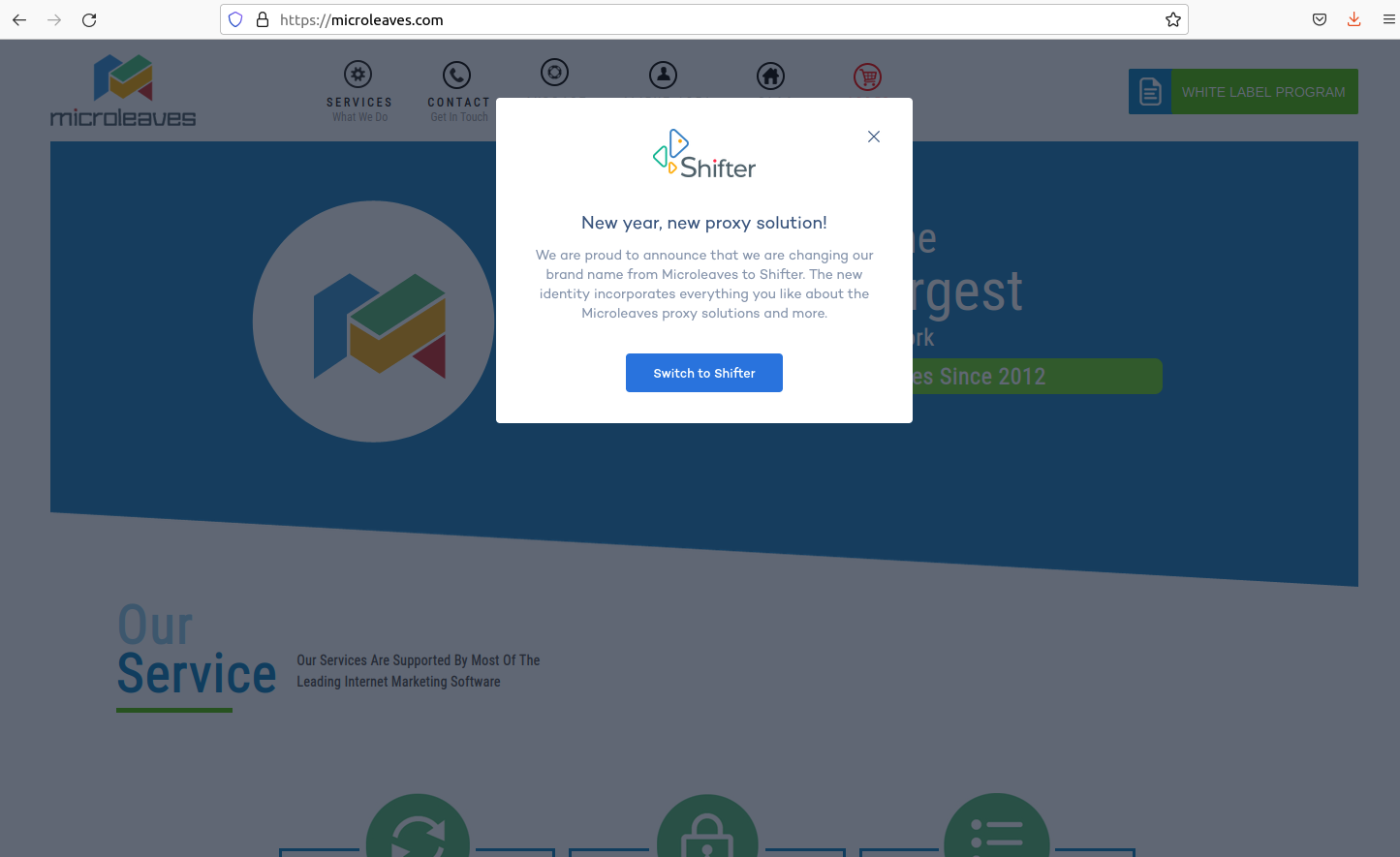About the Author – Krebs on Security
Brian Krebs worked as a reporter for The Washington Post from 1995 to 2009, authoring more than 1,300 blog posts for the Security Fix blog, as well as hundreds of stories for washingtonpost.com and The Washington Post newspaper, including eight front-page stories in the dead-tree edition and a Post Magazine cover piece on botnet operators. In 2014, he was profiled in The New York Times, Business Week, NPR’s Terry Gross, and by Poynter.org. More recently, he was invited to an “Ask Me Anything” discussion on Reddit about investigative reporting.
 But you didn’t really want to read my résumé, did you? What most people want to know is how I got into computer security, and whether I have a technical background in the field.
But you didn’t really want to read my résumé, did you? What most people want to know is how I got into computer security, and whether I have a technical background in the field.
The short answer is “by accident,” and “no,” respectively. I earned a Bachelor of Arts in International Studies from George Mason University in 1994, and at the time I wasn’t much interested in computers, although I had programmed a bit on an Apple II and spent quite a bit of time visiting online bulletin boards as a kid.
It wasn’t until 2001 — when my entire home network was overrun by a Chinese hacking group — that I became intensely interested in computer security. I had been monkeying with a default installation of Red Hat Linux (6.2) on an old Hewlett-Packard system, because for some reason I had it in my head that it would be fun to teach myself how to turn the spare computer into an oversized firewall [ah, the irony]. That is, until the Lion Worm came around and locked me out of my system. Twice.
After that incident, I decided to learn as much as I could about computer and Internet security, and read most everything on the subject that I could get my hands on at the time. It’s an obsession that hasn’t let up.
Much of my knowledge about computers and Internet security comes from having cultivated regular and direct access to some of the smartest and most clueful geeks on the planet. The rest I think probably comes from a willingness to take risks, make mistakes, and learn from them.
I am 50 years old, and live with my wife Jennifer in Northern Virginia. When I’m not at the computer, I most often spend my free time reading,…


